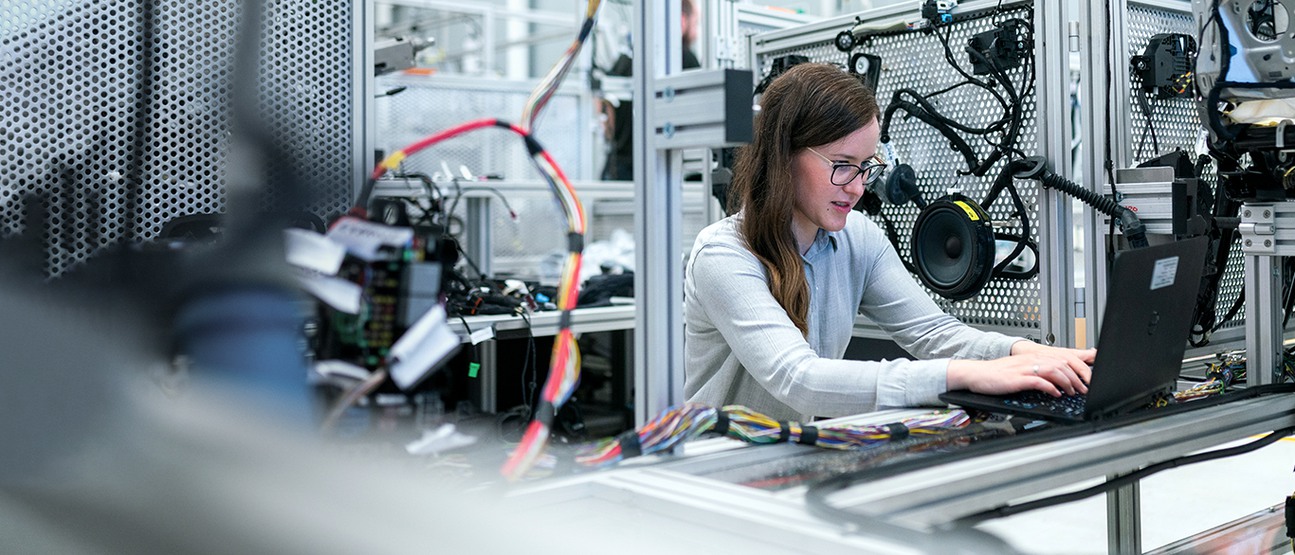Show more about the programmeShow less about the programme
Benefitting from the advancement of sensors, computational science and high-performance computing equipment, the modelling and simulation techniques are flourishing in terms of analytical, geometrical, multi-physics and data-driven manners. Combining with other techniques such as optimisation techniques and data analysis techniques, the physical entities of interest could be explored in a more comprehensive way than ever before. This programme will provide you with a solid foundation in multiple computational methods for the design, analyse, operation and maintenance of complex engineered and scientific systems.
The Focus of Your Studies
This programme focus on educating you in the formulation, analysis, implementation and application of multiple computational approaches for realisation of innovative engineering solutions. The curriculum is interdisciplinary and well-designed for you to overcome challenges of the future.
In the first school year, you will study sensor network design, data collection and data analysis methods so that you could apply the popular data-driven tools for different industrial applications such as industrial equipment operation monitoring and maintenance. In the second school year, you will continue with the advanced courses related to finite element analysis and engineering optimization to enable you to modelling a structure, a process or a system to investigate their behaviours for pursuing the optimised settings. Moreover, you will study model based engineering methodology to achieve streamlined R&D developments.
The programme also provides engineering project course and master degree project course respectively at the end of each school year to allow you to solve the relevant engineering problems with different complexity by combining your theoretical knowledge and practical skills.
Upon Completion of Your Studies
This programme will equip you with the skills required for a successful career in industrial environments within various fields of engineering. The focus on modelling and simulation are key knowledges demanded by many industries R&D developments. The curriculum is also highly research-orientated and prepares graduates for a Ph.D. programme and a career in academia. Since the programme is conduct in English, the graduates are qualified for the international market.


